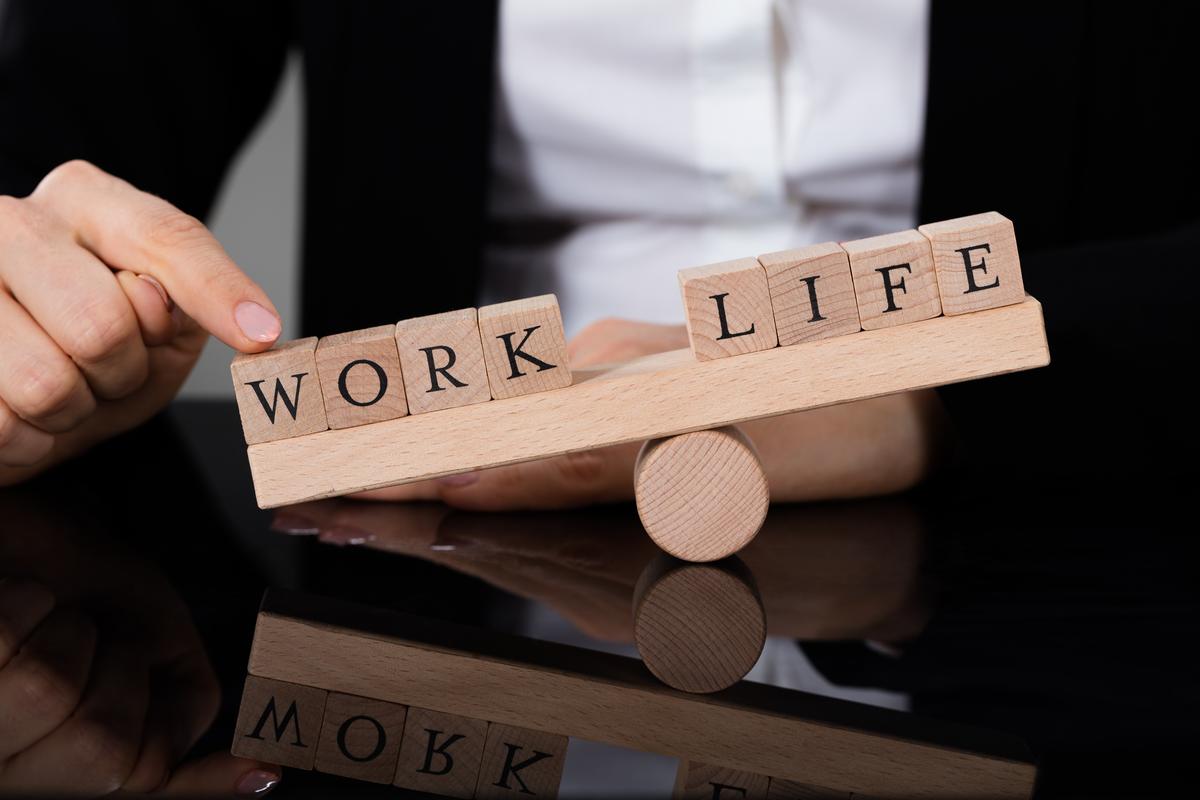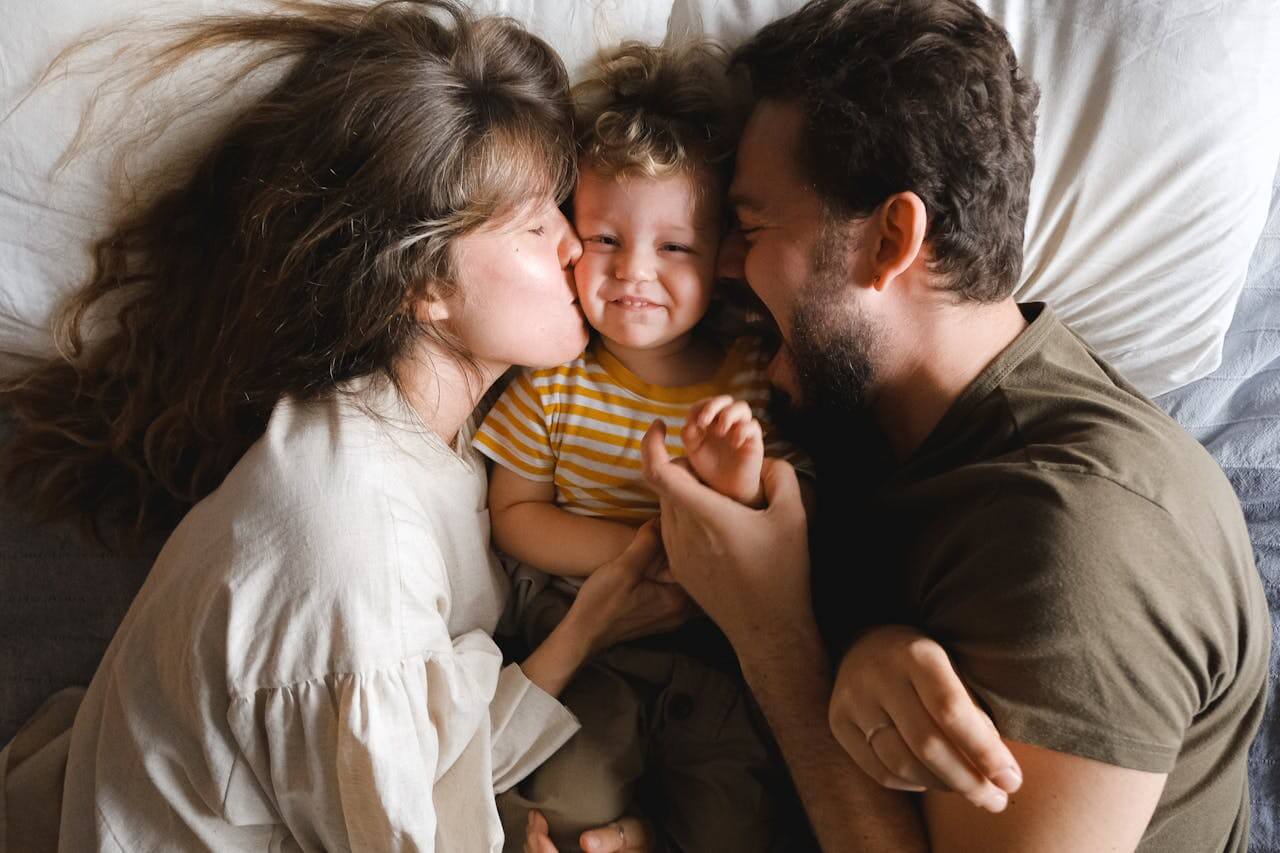The Mind-Spaces Connection: How Less Becomes More
The Psychology of Clutter
Clutter impacts more than just the physical appearance of a space; it can profoundly affect our mental well-being. The presence of disarray within our environment often reflects a corresponding chaos in our minds, hindering focus and productivity. When our physical spaces are cluttered, we encounter distraction and stress, which can be likened to having too many tabs open on a computer, causing everything to function at a slower pace. This overload contributes to feelings of anxiety and being overwhelmed.
Our attachment to clutter is sometimes emotional, linked to sentimental items or guilt from letting go of previously valued possessions. Recognizing these attachments is the first step toward overcoming the cycle of clutter and creating a space that promotes peace of mind.
Minimalism as a Mental Reset
Adopting a minimalist approach offers a reset for both our spaces and our mental state. By intentionally reducing the number of possessions, we make room for more meaningful experiences and focused attention. Consider the tranquility of a room with only a few thoughtfully selected pieces of furniture; the simplicity brings immediate calm. This principle of simplicity can extend to our mental spaces, removing distractions and fostering an environment that supports our goals.
Decluttering can enhance energy and productivity, as a less chaotic environment encourages focus on what truly matters. This leads to increased efficiency and creativity, and a sense of control over our lives. It is about allowing our surroundings to reflect and support our core values and aspirations.
Budget-Friendly Minimalism: Investing in Experiences Over Things
Re-evaluating Needs vs. Wants
Minimalism often involves reviewing our needs and wants, a practice that not only simplifies life but also saves money. It's about distinguishing between necessities and impulses driven by consumer culture. By analyzing spending habits, differentiating needs from wants becomes possible, directing funds towards lasting experiences instead of transient material acquisitions.
Choosing to allocate resources for experiences, such as weekend getaways with friends over acquiring the latest gadget, leads to greater long-term satisfaction. This approach nurtures creativity, encourages resourcefulness, and fosters financial savings. It provides an opportunity to regularly reassess and align financial activities with personal joy rather than societal pressures.
The Value of Experiences
Experiences provide enduring joy that often surpasses the fleeting satisfaction of material possessions. The growth and fulfillment derived from traveling, learning new skills, or spending quality time with loved ones contribute deeply to our well-being. These moments create cherished memories and personal growth, offering a foundation for a fulfilling life.
Recent societal trends indicate that many, particularly younger generations, prioritize personal experiences over material goods. This shift reinforces the value of enriching one's life through engagement and connection rather than acquisition, promoting an enriching and meaningful lifestyle.
Minimalism and Financial Freedom
By minimizing unnecessary spending, one can achieve greater financial freedom, allowing for savings and pursuit of passions. This aligns with a broader minimalist lifestyle, encouraging mindful consumption and sustainable practices. By repairing instead of replacing, and preferring secondhand goods, minimalism contributes positively to both environmental sustainability and personal financial health.
Simple Steps to End Clutter Anxiety in Your Home
Start Small and Schedule Decluttering Time
For many, clutter brings a sense of chaos, but tackling it doesn't have to be overwhelming. Start with small, defined areas like a single drawer or a shelf and set a short timer. This approach turns decluttering into manageable sprints rather than exhausting marathons, enabling progress without burnout.
The Four-Box Method
Utilize the popular method of sorting items into four categories: Keep, Donate/Sell, Relocate, and Trash. Each item goes into the most suitable category, helping make clear decisions about your possessions. This method provides an organized framework to reconsider the necessity and emotional ties to your belongings, facilitating a more intentional lifestyle.
Mindful Decision-Making
Lasting decluttering involves mindfulness. Consider whether each item is genuinely needed, brings joy, or has been used recently. By questioning the value of possessions, you detach emotional ties and make rational decisions, aiming for a home filled with items that serve a purpose or spark happiness.
Establishing a Decluttering Schedule
After experiencing the benefits of decluttering, integrate it as a regular habit. Dedicate specific times each week or month to maintaining an organized space. Consistent decluttering prevents clutter build-up, helps maintain a serene environment, and supports mental clarity.
Creating a Zen Environment
The ultimate goal is transforming your home into a sanctuary of peace and relaxation. Employ elements that promote tranquility, like natural light, calming hues, and comfortable furniture. Your home should evoke harmony and reflect your inner state, with clutter-free spaces mirroring a calmer, clearer mind.
Beyond Stuff: Finding Inner Peace Through Minimalism
The Clutter-Free Path to Calm
Minimalism addresses not just physical but also mental clutter, creating space for tranquility. Begin by systematically assessing and letting go of items without value. This physical process extends to mental decluttering, encouraging mindfulness and emotional release.
By shedding unnecessary items, we release emotional burdens and make room for positive experiences. This ripple effect extends beyond decluttering physical spaces to decluttering our thoughts, feelings, and lifestyle choices, ultimately bringing us closer to inner peace.
Prioritizing Experiences Over Possessions
The foundation of minimalism lies in valuing experiences over possessions. Instead of succumbing to consumerism, minimalist living encourages a focus on meaningful relationships, personal development, and simple joys.
Opt for investments in memories, like travel or learning, which contribute to personal growth far more than material acquisitions. This mindset fosters community, encourages robust relationships, and prioritizes genuine connection over transactional interactions.
Daily Habits for a Zen Vibe
Incorporate habits that cultivate a minimalist lifestyle. Start mornings with mindfulness to set a calm, positive tone for the day. A digital detox allows reconnection with one's environment. Reflect on gratitude each night to nurture a positive outlook.
Conscious consumption becomes a way of life, eschewing those things that drain energy and instead embracing what aligns with one's values and goals. This shift promotes a lifestyle enriched with intentional choices and lasting fulfillment.
Question and Answer
-
What are the core principles of a minimalist lifestyle?
A minimalist lifestyle revolves around the principle of intentional living, where you focus on what truly adds value to your life and eliminate the rest. This approach extends beyond physical possessions to include mindful consumption, emotional clarity, and sustainable habits. By prioritizing meaningful experiences and relationships over material goods, minimalism encourages a life of financial simplicity and mental well-being. The goal is to achieve a harmonious balance between your environment and mind, resulting in a more fulfilling and purposeful life.
-
How can decluttering lead to emotional clarity?
Decluttering helps to remove physical and mental clutter that often leads to stress and anxiety. By letting go of unnecessary possessions, you also release emotional attachments and burdens. This process encourages reflection on what truly matters, paving the way for emotional clarity. It allows you to focus on important relationships and personal growth, creating a more peaceful and balanced mental state. As you clear your space, you simultaneously clear your mind, making room for new experiences and a clearer sense of purpose.
-
What role does mindful consumption play in sustainable living?
Mindful consumption is a key component of sustainable living, as it involves being conscious of the environmental impact of your purchasing decisions. By choosing quality over quantity, and opting for sustainable and ethically produced goods, you reduce waste and conserve resources. This practice not only benefits the planet but also aligns with minimalist values by reducing clutter and financial expenditure. Mindful consumption encourages repairing and reusing items, thus promoting a more sustainable and eco-friendly lifestyle.
-
How does minimalism contribute to financial simplicity?
Minimalism contributes to financial simplicity by encouraging mindful spending and prioritizing needs over wants. By focusing on experiences and relationships rather than material possessions, individuals can reduce unnecessary expenses and save money. This approach often leads to a more strategic financial outlook, where resources are directed towards meaningful investments, such as personal development or travel, rather than accumulating things. As a result, minimalism can help achieve financial freedom and reduce the stress associated with financial obligations.
-
Can a minimalist lifestyle enhance mental well-being?
Yes, a minimalist lifestyle can significantly enhance mental well-being. By reducing clutter and distractions, you create a calming environment that fosters mental clarity and focus. This lifestyle encourages mindful living, where you are more present and engaged in your daily activities. The reduction of cognitive load allows for better decision-making and a more organized mental space. Additionally, by valuing experiences over possessions, minimalism promotes emotional well-being and deeper connections with others, contributing to overall mental health.








